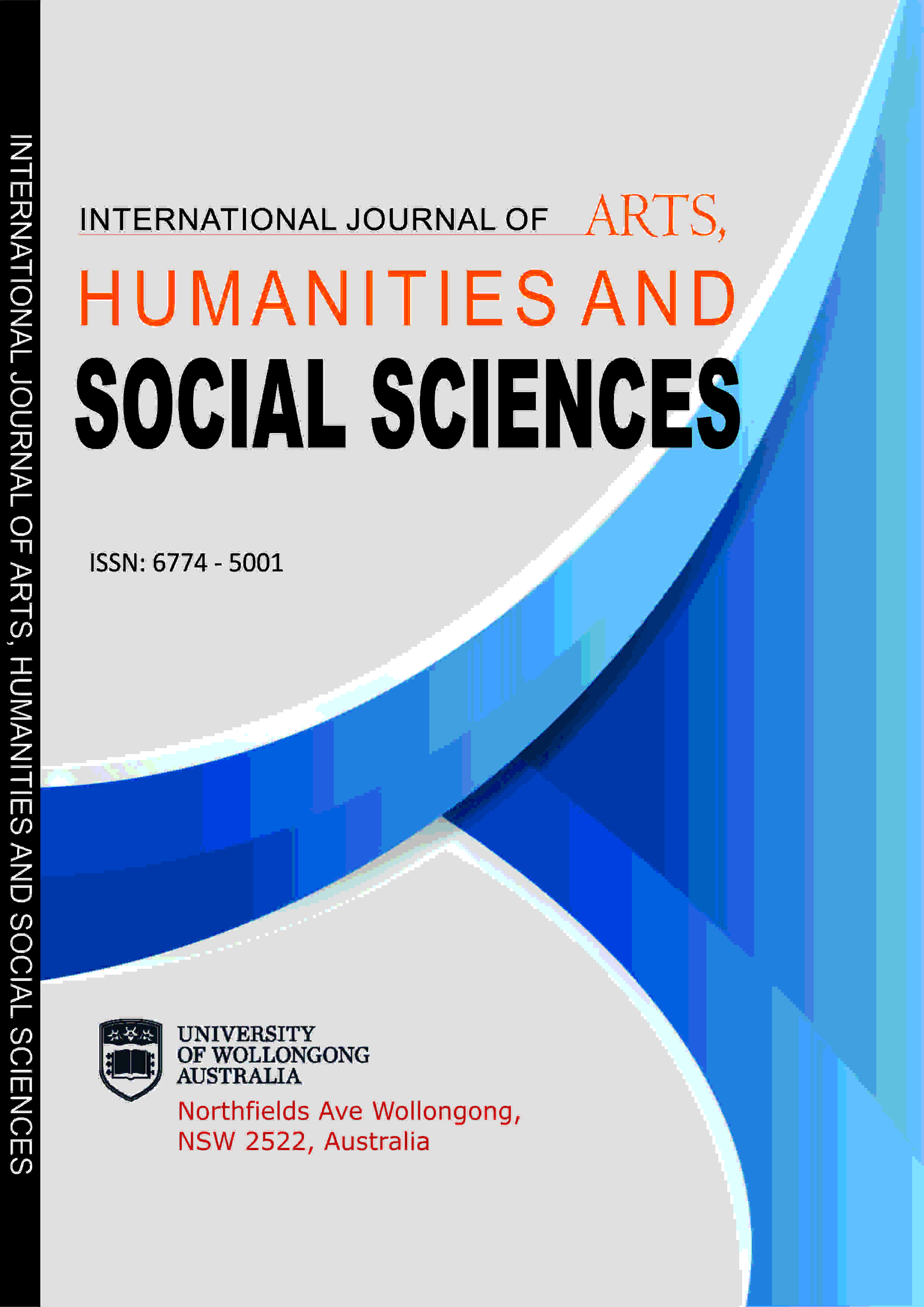INTERNATIONAL JOURNAL OF ARTS, HUMANITIES AND SOCIAL SCIENCES (IJAHSS)
REPRESENTING CASTE AND GENDER UNDERPINNINGS OF THE ADIVASIS: JOURNEY FROM SUBJUGATION TO RESISTANCE IN MOTHER FOREST
E-ISSN: 2579-048X
P-ISSN: 6774-5001
DOI: https://iigdpublishers.com/article/803
The vulnerable life experiences of the most marginalized or the tribal people labelled as “adivasis” are less explored by the mainstream society. Tribal narratives unfold the hidden layers of indomitable politics which situate them as subalterns. The alienation, silencing, othering, misrepresentation, and exploitation of adivasis in the name of land as landless, and homeless has been an age- old practice. The paper analyses the marginalized voice of a Dalit woman, and social activist named C.K. Janu through her personal reflections in Mother Forest, which deftly sketches her journey from an ordinary tribal girl to an Adivasi leader, and later as the chief spokesperson to protest the injustices of the government. The study refers to the theoretical underpinnings of Shailaja Paik’s Dalit Women’s Education, and discusses the educational transformation of women from Dalit communities. The tribal woman’s fight against hegemonic forces is represented through the conflict between civilization, and modernization.
Reshmi S.
Paik, S. (2014). Dalit Women’s Education in Modern India: Double Discrimination. Routledge.
Asia Indigenous Peoples Pact. (1993).Declaration on the Rights of Asian Indigenous Tribal Peoples.
Natrajan, B. (2012). “From Jati to Samaj.” The Culturalization of Caste in India: Identity and Inequality in Multicultural Age. Routledge.
Randall, C. (1986). Weberian Sociological Theory. Cambridge UP.
Janu, C. (2004). Mother Forest: The unfinished story of CK Janu. Kali For Women & Women Unlimited.
